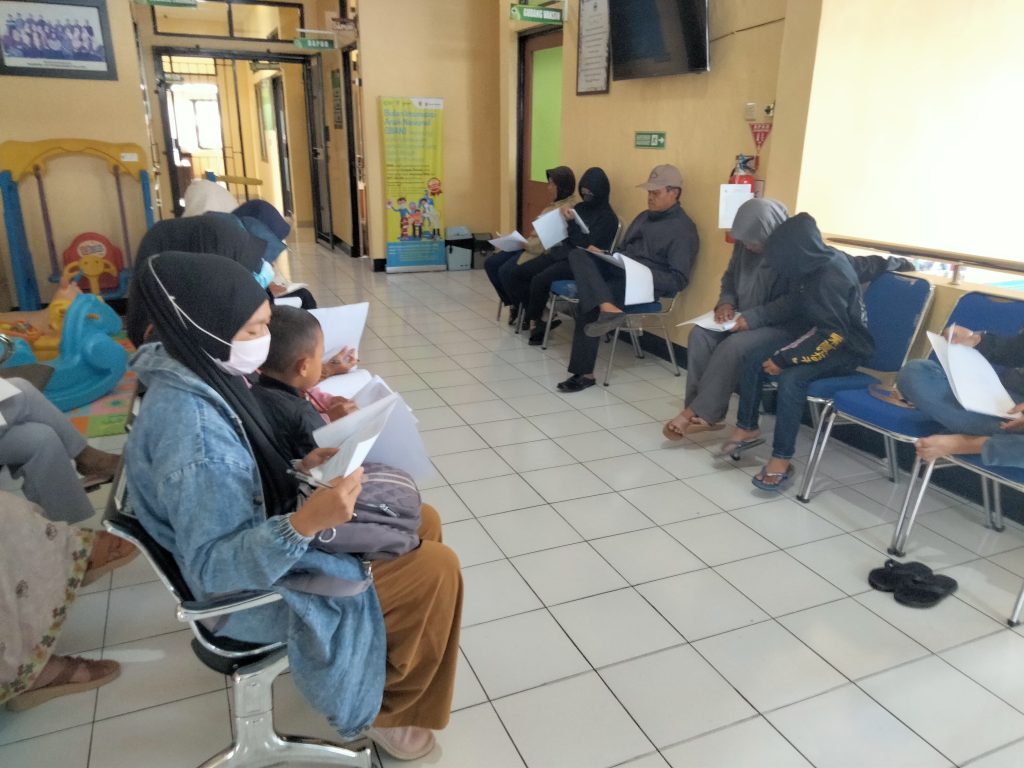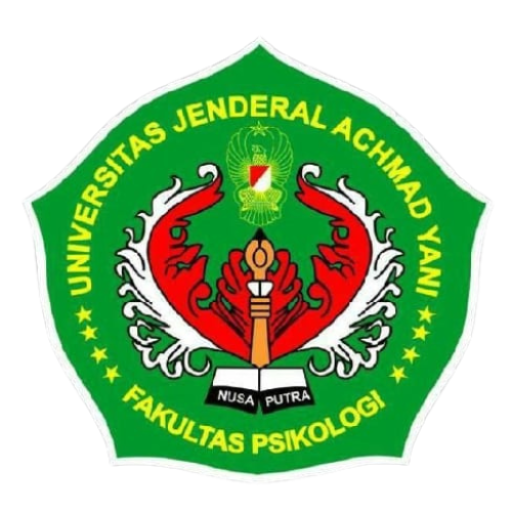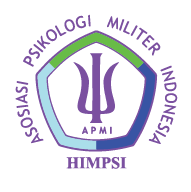- (022) 6631653
- info@fps.unjani.ac.id
- jl. Terusan Jend. Sudirman 148, Cibeber kota Cimahi

Tridharma (education, research and community service)
TRIDHARMA
The Tri Dharma of Higher Education is the obligation of universities to organize education, research, and community service. Tri Dharma comes from the word “tri” in Sanskrit which is defined as three, while “dharma” means obligation. Meanwhile, the obligation to implement and realize the Tri Dharma of Higher Education is stated in Law Number 20 of 2003 concerning the National Education System, namely “Tri Dharma of Higher Education is a basic guideline for universities in carrying out their functions and objectives”. Tri Dharma consists of three main elements, namely:
1. Education
The task of universities in this area is to provide quality higher education. Education in higher education aims to form students who are skilled, competent, and have a deep understanding of science and technology, as well as good moral and social values. This includes effective learning, a relevant curriculum, and the development of student skills.

2. Research
Research is conducted by lecturers and/or students and can involve functional staff, in groups or individually. Universities have a duty to conduct research that is useful for the development of science, technology, and art. Research in higher education aims to produce new knowledge, innovation, and problem solving that is relevant to the needs of society.
This research can be conducted in various fields of science and must be driven by the spirit of seeking truth and advancing science. Publication of research results is carried out in national scientific journals, international scientific journals, and/or other forms of scientific publications recognized by the Ministry of Higher Education.
3. Community Service
Community service as referred to in Article 21 is carried out by Lecturers and / or Students, individually or in groups and can involve Education Personnel.
Community service as referred to in Article 21 is carried out to contribute to regional development and community empowerment through collaboration with other institutions.
© 2022. Fakultas Psikologi Universitas Jenderal Achnad Yani. All Rights Reserved.






